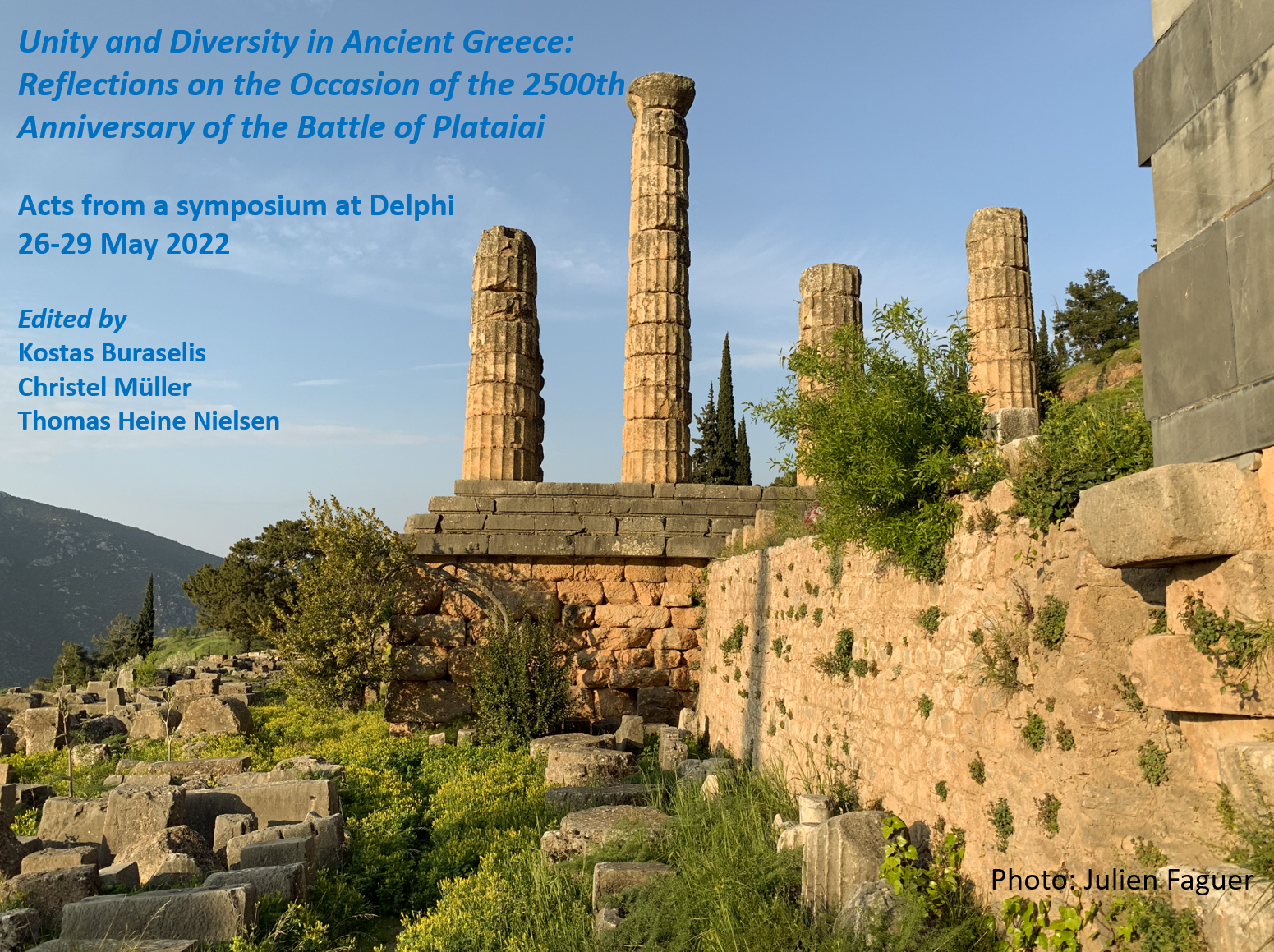A Brief Essay on Sport and Greek Unity in the Late Archaic and Early Classical Period
DOI:
https://doi.org/10.7146/classicaetmediaevalia.vi1.145229Abstract
This essay argues that athletics contributed significantly to whatever unity there was in the Greek world in the late archaic and early classical period. It does so by considering the significance of the so-called Panhellenic sanctuaries as one of the few contexts in which the collective appellation ‘the Greeks’ was appropriate and by emphasizing that what the four great sanctuaries of the periodos had in common was athletic competitions of great prestige. The crowds which assembled for the contests at the Panhellenic sanctuaries were discursively constructed as ‘the Greeks’ by contemporary sources. The athletic centrality of the four Panhellenic sanctuaries was a reflection of the fact that the festivals here were the ones that the athletes of the leisured elites valued most highly. By the classical period the agon gymnikos on the model of the Olympics had, by peer polity interaction, become a Panhellenic phenomenon and this allowed athletes to travel from festival to festival and compete in their chosen speciality.
Downloads
Published
How to Cite
Issue
Section
License

This work is licensed under a Creative Commons Attribution 3.0 Unported License.
Authors who publish with this journal agree to the following terms:
- Authors retain copyright and grant the journal right of first publication with the work simultaneously licensed under a Creative Commons Attribution License that allows others to share the work with an acknowledgement of the work's authorship and initial publication in this journal.
- Authors are able to enter into separate, additional contractual arrangements for the non-exclusive distribution of the journal's published version of the work (e.g., post it to an institutional repository or publish it in a book), with an acknowledgement of its initial publication in this journal.
- Authors are permitted and encouraged to post their work online (e.g., in institutional repositories or on their website) prior to and during the submission process, as it can lead to productive exchanges, as well as earlier and greater citation of published work (see The Effect of Open Access).





